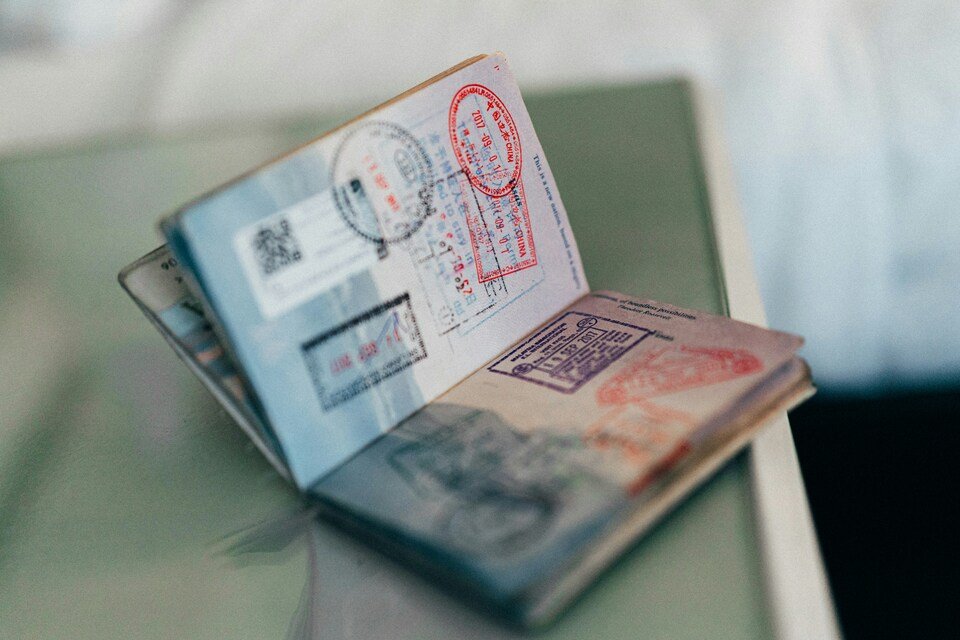
An Indonesian court has sentenced a trans woman to two years and ten months in prison, alongside a fine, for a comment made during a TikTok livestream that authorities deemed blasphemous. The case underscores the legal sensitivities surrounding religious discourse in Indonesia, a country where online speech has increasingly come under scrutiny.
A TikTok Comment and a Blasphemy Charge
Ratu Thalisa, a trans Muslim woman with a significant social media following, was arrested after a livestream in October 2024 in which she responded to a viewer’s comment urging her to cut her hair to appear more masculine.
In response, she reportedly held up a picture of Jesus Christ and said: “You should not look like a woman. You should cut your hair so that you will look like his father.” Five Christian organizations subsequently lodged a complaint, prompting her arrest on charges of blasphemy.
A court in North Sumatra found her guilty of spreading hate speech against Christianity, arguing that her remarks threatened religious harmony and public order. The ruling is the latest in a string of blasphemy convictions in Indonesia, where such cases frequently spark legal and social controversy.
Legal Landscape: Indonesia’s Strict Stance on Religion in Public Discourse
Indonesia officially recognizes six religions—Islam, Protestantism, Catholicism, Hinduism, Buddhism, and Confucianism—and places significant emphasis on maintaining interfaith harmony. Blasphemy laws have been in place since 1965 but gained renewed attention with the rise of social media, where individuals can now face criminal charges for online remarks that authorities or religious groups deem offensive.
The Electronic Information and Transactions (EIT) Law, which has been widely criticized for its vague language, is often used to prosecute speech considered defamatory or inflammatory. Amnesty International reports that from 2019 to 2024, at least 560 people were charged under the law, with 421 convictions.
Critics argue that the law is frequently weaponized against dissenting voices and restricts freedom of expression.
A Pattern of Crackdowns on Religious Speech
Ratu Thalisa’s case is not an isolated incident. Indonesia has a history of prosecuting individuals for remarks about religion, regardless of intent or context. In one of the most high-profile cases, former Jakarta governor Basuki Tjahaja Purnama (Ahok), a Christian, was convicted of blasphemy in 2017 over comments about the Quran.
More recently, social media users, influencers, and even academics have faced legal repercussions for discussing religion in ways deemed inappropriate by authorities or religious groups.
For expatriates in Bali and beyond, these cases serve as a stark reminder of Indonesia’s cautious approach to religious discourse. While Bali, with its Hindu-majority population, may feel somewhat removed from such controversies, the national legal framework applies uniformly across the archipelago. Public commentary on religious matters, particularly in digital spaces, remains a sensitive issue with potential legal consequences.
International Reactions and Human Rights Concerns
Amnesty International has condemned Ratu Thalisa’s sentencing as a violation of free speech, stating that her remarks did not constitute incitement to discrimination, hostility, or violence—the key criteria under international human rights law for restricting speech. Nonetheless, Indonesian authorities maintain that such prosecutions are necessary to preserve social harmony in the multi-religious nation.










